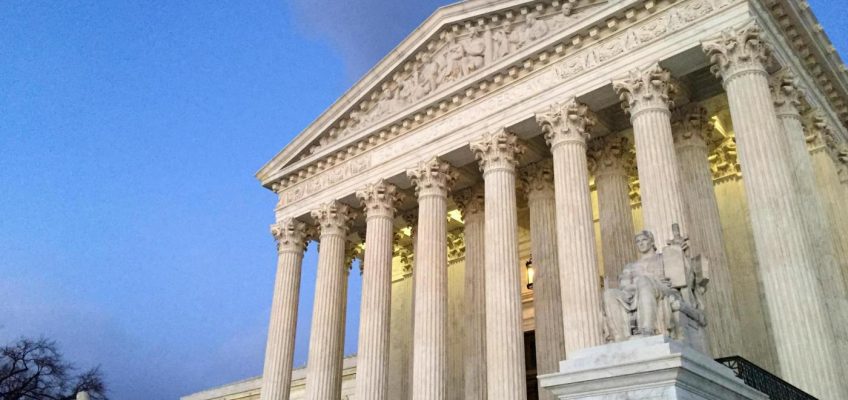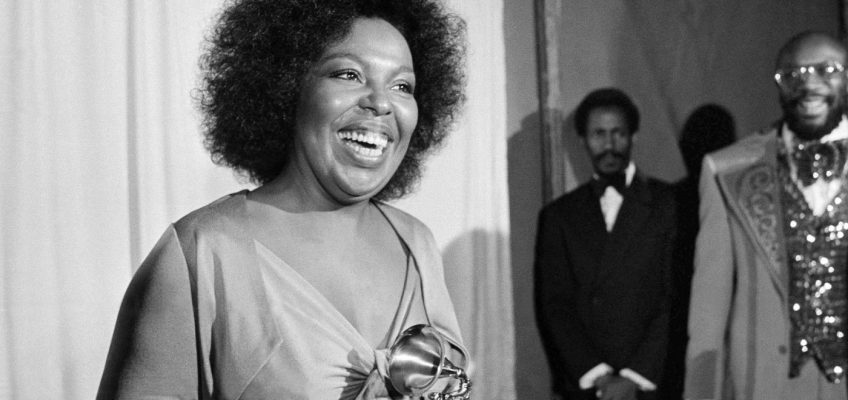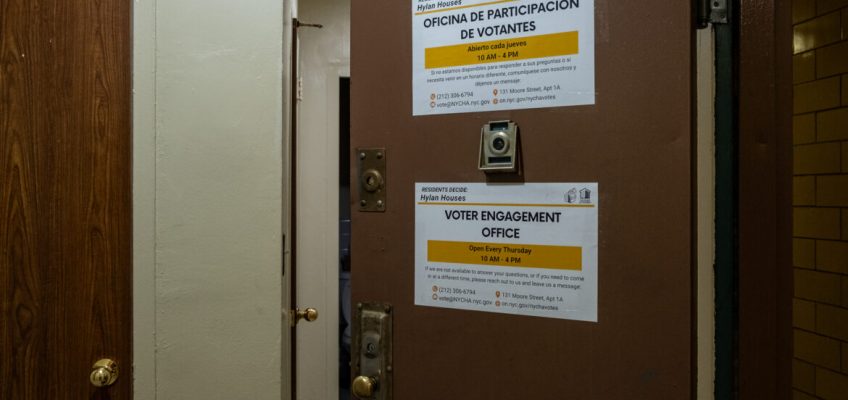By LINDSAY WHITEHURST and CHRIS MEGERIAN, Associated Press
WASHINGTON (AP) — Attorneys for federal workers said Monday in a lawsuit that billionaire Trump adviser Elon Musk had violated the law with his weekend demand that employees explain their accomplishments or risk being fired.
The updated lawsuit, which was filed in federal court in California and was provided to The Associated Press, is trying to block mass layoffs pursued by Musk and President Donald Trump, including any connected to the email distributed by the Office of Personnel Management on Saturday. The office, which functions as a human resources agency for the federal government, said employees needed to detail five things that they did last week by end of day on Monday.
Ex-Secret Service agent and conservative media personality Dan Bongino picked as FBI deputy director
Trump meets with French President Macron as uncertainty grows about US ties to Europe and Ukraine
Justin Fox: No, Elon Musk hasn’t ‘discovered’ fraud at Social Security
Bruce Yandle: Are we witnessing ‘creative’ destruction or just plain destruction?
Zeynep Tufekci: Here are the digital clues to what Musk is really up to
“No OPM rule, regulation, policy, or program has ever, in United States history, purported to require all federal workers to submit reports to OPM,” said the amended complaint, which was filed on behalf of unions, businesses veterans, and conservation groups. It called the threat of mass firings “one of the most massive employment frauds in the history of this country.”
Musk, who is leading the Republican president’s efforts to overhaul and downsize the federal government, continued to threaten federal workers on Monday morning even as confusion spread through the administration and some top officials told employees not to comply.
“Those who do not take this email seriously will soon be furthering their career elsewhere,” Musk posted early in the morning on X, his social media platform.
He also escalated Trump’s demand for employees to stop working remotely.
“Starting this week, those who still fail to return to office will be placed on administrative leave,” Musk posted.
The latest round of turmoil began over the weekend, when Trump posted on Truth Social, his social media website, that “ELON IS DOING A GREAT JOB, BUT I WOULD LIKE TO SEE HIM GET MORE AGGRESSIVE.”
President Donald Trump listens as Elon Musk speaks in the Oval Office at the White House, Tuesday, Feb. 11, 2025, in Washington. (AP Photo/Alex Brandon)
Musk followed up by saying “all federal employees will shortly receive an email requesting to understand what they got done last week.” He claimed that “failure to respond will be taken as a resignation.” The directive echoed how the billionaire entrepreneur has managed his own companies.
The Office of Personnel Management sent out its own request afterwards.
“Please reply to this email with approx. 5 bullets of what you accomplished last week and cc your manager,” the message said. However, it said nothing about the potential for employees to get fired for noncompliance. The deadline was listed as 11:59 p.m. EST on Monday.
There was swift resistance from several key U.S. agencies led by the president’s loyalists — including the FBI, State Department, Homeland Security and the Pentagon — which instructed their employees over the weekend not to respond. Lawmakers in both parties said that Musk’s mandate may be illegal, while unions threatened to sue.
One message on Sunday morning from the Department of Health and Human Services, led by Robert F. Kennedy Jr., instructed its roughly 80,000 employees to comply. That was shortly after the acting general counsel, Sean Keveney, had instructed some not to. And by Sunday evening, agency leadership issued new instructions that employees should “pause activities” related to the request until noon on Monday.
“I’ll be candid with you. Having put in over 70 hours of work last week advancing Administration’s priorities, I was personally insulted to receive the below email,” Keveney said in an email viewed by The Associated Press that acknowledged a broad sense of “uncertainty and stress” within the agency.
Keveney laid out security concerns and pointed out some of the work done by the agency’s employees may be protected by attorney-client privilege: “I have received no assurances that there are appropriate protections in place to safeguard responses to this email.”
Democrats and even some Republicans, including Sen. John Curtis, R-Utah, were critical of Musk’s ultimatum.
“If I could say one thing to Elon Musk, it’s like, please put a dose of compassion in this,” Curtis, whose state has 33,000 federal employees, said on CBS’ “Face the Nation.” “These are real people. These are real lives. These are mortgages. … It’s a false narrative to say we have to cut and you have to be cruel to do it as well.”
Newly confirmed FBI Director Kash Patel, an outspoken Trump ally, instructed employees to ignore Musk’s request, at least for now.
“The FBI, through the Office of the Director, is in charge of all of our review processes, and will conduct reviews in accordance with FBI procedures,” Patel wrote in an email confirmed by the AP. “When and if further information is required, we will coordinate the responses. For now, please pause any responses.”
Ed Martin, interim U.S. attorney for the District of Columbia, sent his staff a message Sunday that may have caused more confusion.
“Let me clarify: We will comply with this OPM request whether by replying or deciding not to reply,” Martin wrote in the email obtained by the AP, referring to the Office of Personnel Management.
“Please make a good faith effort to reply and list your activities (or not, as you prefer), and I will, as I mentioned, have your back regarding any confusion,” Martin continued. “We can do this.”
Officials at the Departments of State, Defense and Homeland Security were more consistent.
Tibor Nagy, acting undersecretary of state for management, told employees in an email that department leadership would respond on behalf of workers. “No employee is obligated to report their activities outside of their Department chain of command,” Nagy wrote in an email.
Pentagon leadership instructed employees to “pause” any response to Musk’s team, according to an email from Jules Hurst, the deputy undersecretary of defense for personnel and readiness.
The Homeland Security Department, meanwhile, told employees that “no reporting action from you is needed at this time” and that agency managers would respond, according to an email from R.D. Alles, deputy undersecretary for management.
Thousands of government employees have already been forced out of the federal workforce — either by being fired or through a “deferred resignation″ offer — during the first month of Trump’s second term. There is no official figure available for the total firings or layoffs so far, but the Associated Press has tallied hundreds of thousands of workers who are being affected. Many work outside of Washington.
Musk on Sunday called his latest request “a very basic pulse check.”
Elon Musk speaks at the Conservative Political Action Conference, CPAC, at the Gaylord National Resort & Convention Center, Thursday, Feb. 20, 2025, in Oxon Hill, Md. (AP Photo/Jose Luis Magana)
“The reason this matters is that a significant number of people who are supposed to be working for the government are doing so little work that they are not checking their email at all!” Musk wrote on X. “In some cases, we believe non-existent people or the identities of dead people are being used to collect paychecks. In other words, there is outright fraud.”
He has provided no evidence of such fraud. Separately, Musk and Trump have falsely claimed in recent days that tens of millions of dead people over 100 years old are receiving Social Security payments.
Meanwhile, thousands of other employees are preparing to leave the federal workforce this coming week, including probationary civilian workers at the Pentagon and all but a fraction of U.S. Agency for International Development staffers through cuts or leave.
Peoples reported from New York. Associated Press writers Byron Tau, Ellen Knickmeyer, Matthew Perrone and Tara Copp in Washington and Valerie Gonzalez in McAllen, Texas, contributed to this report.




